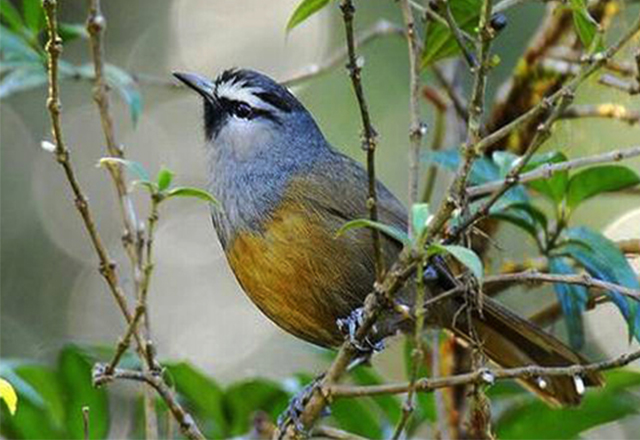
All life forms on Earth need a healthy and sustainable Ecosystem. Human well-being is closely linked to the health of the ecosystem where we find our life and livelihood. Globally ecosystems are at peril owing to various factors including climate change. WWF’s Living Planet Report 2018 highlights 60% decline in the size of populations of mammals, birds, fish, reptiles, and amphibians in just over 40 years. The top threats to species decline are human induced habitat loss, degradation of ecosystems and climate change. United Nations in the year 2021 declared the present decade as the “Decade of Ecosystem Restoration” and called for protection and revival of ecosystems for the benefit of people all around the world. Only a Healthier and Sustainable ecosystem can counteract climate change, stop the collapse of biodiversity and thereby enhance the livelihood of people.Western Ghats is one of the global biodiversity hotspots and the life and livelihood of 40 million people of Southern India depend on the health of this eco-system. However, uncontrolled development and degradation of many unique ecosystems of the region are impacting the livelihood of people and life of
many endemic life forms of Western Ghats. So, a collective effort is required to restore the ecosystems and wildlife of the region for a sustainable future. Hume Centre identified “Ecosystem and Wildlife” as one of the key program areas of the Centre for next ten years and is dedicated to restoring the degraded ecosystems and threatened wildlife of the region through multi-stakeholder participatory research and conservation action along with local people, local, state and national government.
